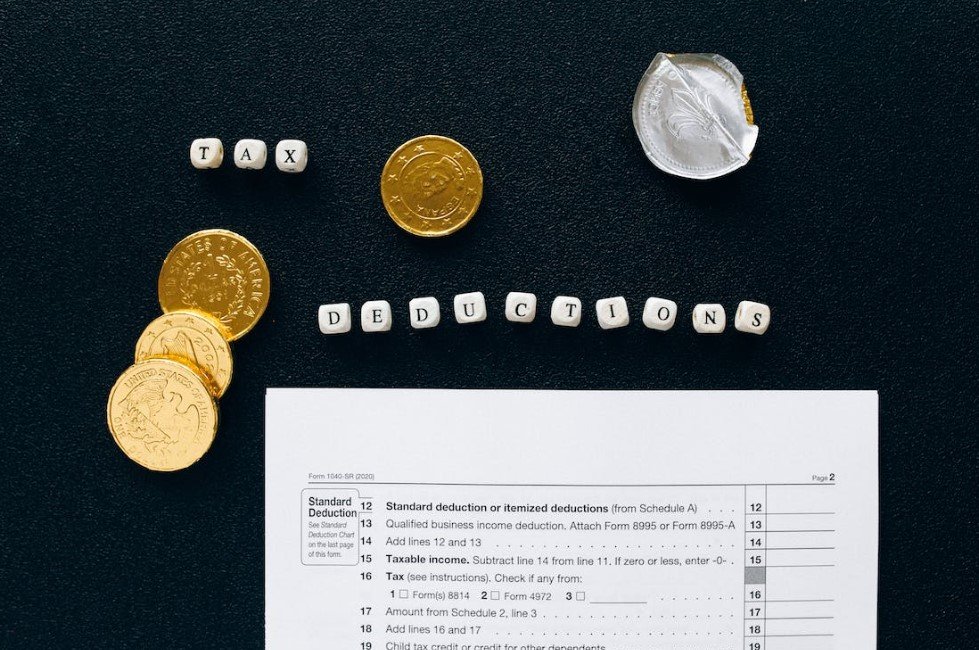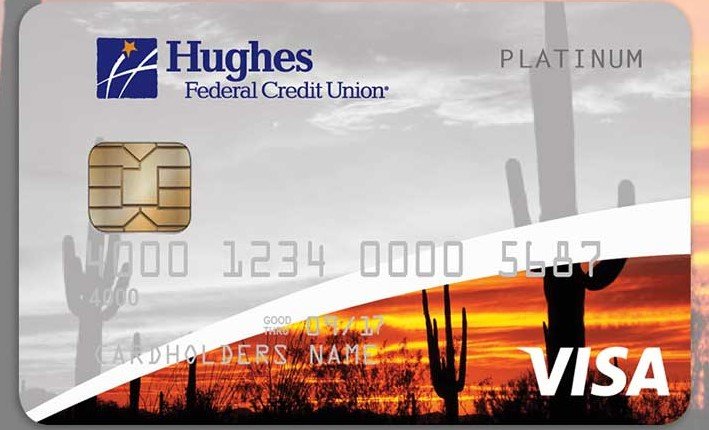There’s a easy and effective money-saving hacks you can implement right now to boost your financial health. From tracking your spending to automating your savings, these simple strategies can make a significant impact on your budget. By incorporating these tips into your daily routine, you can take control of your finances and work towards achieving your long-term savings goals.
Track Your Spending
To effectively manage your finances, it’s crucial to know where your money is going. By tracking your spending, you can identify areas where you may be overspending and make necessary adjustments to stay within your budget. To start tracking your spending, consider using apps or software that can categorize your expenses and provide you with detailed reports. This will give you a clear picture of your financial habits and help you make more informed decisions about where to cut back.
Automate Savings
Your financial health depends on your ability to save money. One way to ensure that you stick to your savings goals is by automating the process. By setting up automatic transfers from your checking account to your savings account, you can save without even having to think about it.
When you automate your savings, you take the decision-making out of the equation. It becomes a regular, consistent habit that you don’t have to actively manage. This can help you build up your savings over time without the temptation to spend that money elsewhere.
By automating your savings, you are prioritizing your future financial stability. Saving money consistently, even in small amounts, can add up over time and provide you with a safety net for unexpected expenses or financial goals.
Use Cash-Only: Limit Credit Card Use to Avoid Overspending
Some people find it challenging to keep track of their expenses when they swipe their credit card for every purchase. By switching to a cash-only system, you can physically see how much money you have left to spend, making it easier to stick to your budget.
When you use cash, you are less likely to swipe mindlessly and overspend on unnecessary items. By limiting your credit card use, you can avoid accumulating debt and save money in the long run.
Make a conscious effort to withdraw a set amount of cash each week for your expenses. Divide this cash into categories such as groceries, shopping, and entertainment, to help you stay organized and avoid running out of money before the end of the week.
Using cash can also help you negotiate better deals and discounts when making purchases. Many vendors are more willing to offer a lower price when they see you paying in cash, giving you the opportunity to save even more money.
So, the next time you head out for some shopping or dining, consider leaving your credit card at home and opting for cash instead. You may be surprised at how much money you can save by simply switching to a cash-only system.

Energy Efficiency
Little changes in your home can make a big difference in your energy bills. Investing in energy-saving appliances and bulbs is a smart way to lower your electricity usage and reduce costs in the long run. Look for appliances with the ENERGY STAR label, which indicates they meet high energy efficiency standards.
Switching to LED light bulbs is a simple yet effective way to save on your lighting costs. LED bulbs use less energy and last longer than traditional incandescent bulbs, making them a cost-effective choice for your home.
Another energy-efficient tip is to unplug electronics and appliances when they’re not in use. Even when turned off, electronics still consume energy if they’re plugged in. By unplugging them, you can save on your electricity bill each month.
Consider using power strips to easily turn off multiple electronics at once. This way, you can prevent energy waste and lower your electricity usage without the hassle of unplugging each device individually.
By making a few simple changes to increase energy efficiency in your home, you can save money and reduce your environmental footprint at the same time.
Meal Planning: Save Money and Minimize Food Waste
You may not realize how much money you’re wasting on food until you start meal planning. By planning your meals ahead of time, you can save money and avoid impulse buys at the grocery store. Take a few minutes each week to plan out your meals and create a shopping list based on what you already have in your pantry.
When you plan your meals, you can buy only the ingredients you need, which can help reduce food waste. Leftovers can be used for lunch the next day or frozen for another time. Additionally, planning your meals can help you avoid ordering takeout or dining out frequently, which can save you a significant amount of money in the long run.
Another benefit of meal planning is that it allows you to take advantage of sales and discounts at the grocery store. By knowing what ingredients you need in advance, you can stock up on items when they are on sale and save money on your grocery bill.
Overall, meal planning is a simple yet effective way to save money, minimize food waste, and make healthier meal choices. Give it a try and see how much you can save by planning your meals in advance!
Debt Payoff Plan
Even if you have multiple debts, creating a debt payoff plan can help you regain control of your finances. Start by focusing on paying off high-interest debts first. By doing so, you can save money on interest payments in the long run.
Take a look at your debts and make a list of each one, including the total amount owed and the interest rate. Consider using the snowball method, where you pay off your smallest debt first and then move on to the next one. Or you can use the avalanche method, where you prioritize debts with the highest interest rates.
Set a realistic timeline for paying off your debts. Calculate how much extra you can afford to put towards your debts each month. By sticking to a consistent payment schedule, you can make steady progress towards becoming debt-free.
The key to a successful debt payoff plan is consistency and determination. Don’t be discouraged if it takes time to see results. Keep track of your progress and celebrate each milestone along the way. You’ll be one step closer to financial freedom with each debt you pay off.
Discounts and Coupons
Now, let’s talk about discounts and coupons – your ticket to saving money on everyday purchases. By always keeping an eye out for discounts and coupons before making a purchase, you can stretch your budget further and make your money work harder for you.
You can find discounts and coupons in various places, such as online coupon websites, loyalty programs, and even in-store promotions. Take advantage of these opportunities to save money on groceries, clothing, electronics, and more. Note, every dollar saved adds up over time!
Before heading to the checkout, search for discount codes or printable coupons that you can use to lower the cost of your purchase. Many retailers offer promo codes or coupons that can be applied during online checkout or scanned at the register in-store. Don’t leave money on the table – take advantage of these money-saving opportunities.
Whether it’s a buy-one-get-one-free offer, a percentage off the total price, or a cashback deal, discounts and coupons can help you keep more money in your pocket. Make it a habit to always check for available discounts before finalizing your purchase – it’s a simple yet effective way to save money on your everyday expenses.
Buy in Bulk
All around you are opportunities to save money when you buy in bulk. Whether it’s non-perishable items like toilet paper and cleaning supplies, or pantry staples like rice and pasta, purchasing in larger quantities can lead to significant savings in the long run.
When you buy in bulk, you are not only saving money on the cost per unit but also reducing the number of trips you need to make to the store. This means less time spent shopping and more time for other activities that you enjoy.
Before heading to the store, take inventory of items you frequently use or consume. Look for opportunities to buy these items in bulk, especially when they are on sale or when you have coupons available. By stocking up on necessarys when the price is right, you can save money and avoid running out of these items when you need them most.
Remember to store your bulk purchases properly to extend their shelf life and avoid waste. Use airtight containers for dry goods and freezer-safe bags for items that can be frozen for later use. By buying in bulk and storing items correctly, you can save money and always have what you need on hand.
Next time you go shopping, consider buying in bulk to maximize your savings and minimize your trips to the store. Start small with items you frequently use and watch your savings grow over time. Happy bulk shopping!
DIY Projects: Save Money by Doing It Yourself
Despite the convenience of hiring professionals, completing do-it-yourself (DIY) projects can save you a significant amount of money. By taking on tasks such as home repairs, crafting, or even growing your own fruits and vegetables, you can cut down on labor costs and markups associated with hiring services.
Instead of paying a premium for someone else’s expertise, why not try your hand at simple repairs or improvements? There are countless resources online to help guide you through DIY projects, from instructional videos to step-by-step tutorials. Not only will you save money, but you’ll also gain a sense of accomplishment and new skills in the process.
Think about the tasks that you usually hire others to do and consider if you can tackle them yourself. Whether it’s painting a room, fixing a leaky faucet, or sewing a torn garment, there are endless possibilities for saving money through DIY projects. Plus, you’ll have the satisfaction of knowing that you are in control of the outcome.
So, the next time you’re faced with a repair or improvement project, challenge yourself to try it DIY-style. Not only will you save money, but you’ll also develop a sense of self-reliance and pride in your abilities. Give it a try and see the savings add up!
Second-Hand Items: Save Money by Shopping Smart
Keep your budget in check by opting for second-hand items whenever possible. Whether it’s clothing, furniture, or electronics, buying used can save you a significant amount of money in the long run. Plus, you’ll be doing your part for the environment by reducing waste.
When you’re on the lookout for second-hand items, don’t overlook thrift stores, garage sales, or online marketplaces like eBay or Facebook Marketplace. You can find great deals on gently used items that are still in good condition.
Before making a purchase, be sure to inspect the item carefully to ensure it meets your standards. Look for any signs of wear and tear, and test out electronics to make sure they work properly. By being a savvy shopper, you can score high-quality items at a fraction of the cost.
Recall, just because something is pre-owned doesn’t mean it’s of lower quality. You can find hidden gems that are just as good as brand new items, but at a much lower price. So next time you’re in need of something, consider buying second-hand and watch your savings grow.
Invest in Financial Education
Many people overlook the importance of investing in financial education, but it can make a significant impact on your long-term savings. By spending time learning about personal finance, you can make informed decisions that will benefit you in the future. Understanding concepts such as budgeting, investing, and managing debt can help you develop good financial habits and avoid costly mistakes. When you invest in financial education, you empower yourself to take control of your money and make it work for you.
By learning how to create a budget, save for the future, and grow your wealth through investments, you can set yourself up for financial success. Educating yourself on topics like compound interest, retirement planning, and risk management can also help you make smarter financial decisions that lead to long-term stability. Taking the time to educate yourself about personal finance is an investment in your future financial well-being. Whether you read books, listen to podcasts, attend workshops, or take online courses, there are plenty of resources available to help you improve your financial literacy. By committing to learning more about how money works and how you can make it work for you, you can take control of your financial future and set yourself up for long-term success. Start investing in your financial education today to secure a better tomorrow.
FAQ: Money-Saving Hacks
Q: How can I track my spending effectively?
A: You can use apps to monitor where your money goes and keep a close eye on your expenses.
Q: What is the benefit of automating savings?
A: Automating savings by setting up automatic transfers to your savings account can help you save consistently without thinking about it.
Q: Why is it important to limit credit card use?
A: Limiting credit card use can help you avoid overspending and manage your finances more efficiently.
Q: How can energy efficiency save me money?
A: Investing in energy-saving appliances and bulbs can lower your energy bills in the long run and save you money.
Q: How can meal planning help me save money?
A: Meal planning can reduce food waste and prevent impulse buys, ultimately saving you money on groceries.















